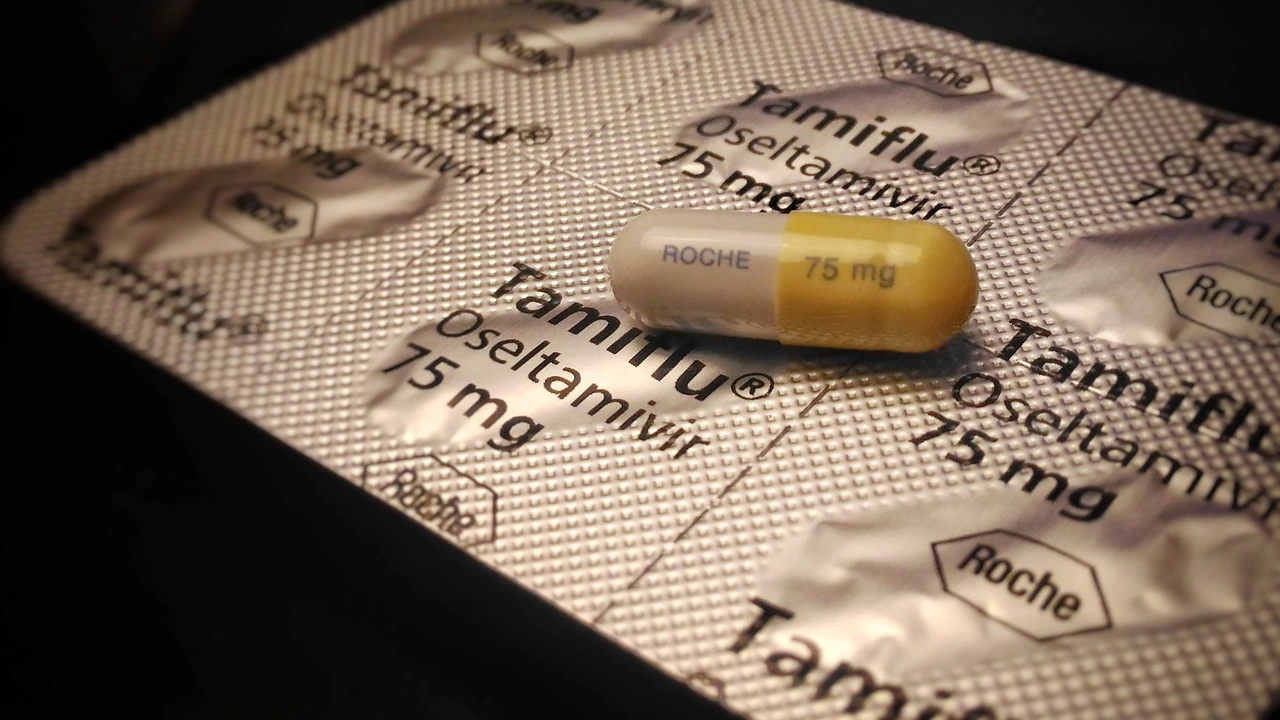Medication safety: smart steps to buy and use medicines without risk
Want to avoid fake drugs, bad advice, or harmful interactions? Start with a few clear checks that stop most problems before they begin. This page pulls together practical safety tips you can use whether you’re buying a prescription online, trying a new supplement, or comparing alternatives for a medication you already take.
How to buy medicines online safely
First, only use pharmacies that show a verifiable license or regulator badge. If a site hides contact details or has only a web form, don’t buy from it. Look for a real phone number, physical address, and an official pharmacy registration number from the country it claims to be in.
Always require a prescription for prescription-only drugs. Legitimate online pharmacies will ask for one or offer a proper online clinician consultation that issues a real prescription. Avoid sites that sell powerful drugs with no paperwork — they’re often selling poor-quality or counterfeit products.
Check reviews but read them critically. Long-term customer stories on independent forums matter more than anonymous five-star ratings. Search for recent complaints about delivery, packaging, or fake products.
Pay by secure methods and be wary of extreme discounts. Use a credit card or trusted payment processor so you can dispute charges. If a price looks too good to be true for brand-name meds, it probably is.
Using drugs and supplements safely
Read the patient leaflet and dosage instructions carefully. For example, some leaflets have errors that regulators later correct — if you see odd info (wrong concentrations, mismatched doses), check with your pharmacist or the regulator’s website for alerts.
Tell your prescriber or pharmacist about all medicines, supplements, and herbs you use. Natural products like graviola or new trends like coffee charcoal can interact with prescription drugs or affect lab results. Don’t assume “natural” means safe.
Watch for side effects and know when to stop. If you get severe reactions (breathing trouble, chest pain, sudden swelling), seek emergency care. For milder but worrying changes — new rashes, dizziness, severe stomach upset — contact your doctor and report the event to your national regulator.
When switching drugs or trying alternatives (for example, different antidepressants, inhalers, or steroid options), compare side effects and how fast they act. Ask about withdrawal risks and whether a dose taper is needed.
Store medicines properly: dry, away from heat, and out of reach of children. Check expiry dates and packaging integrity on arrival. If a box looks tampered with or pills are discolored, return them or dispose of them safely through a pharmacy take-back.
If you’re unsure, call a pharmacist. They can check interactions, confirm dosing, and flag suspicious online sellers. Quick checks save time and prevent dangerous mistakes. Safety is mostly about small, consistent habits — verify, document, and ask questions before you take anything new.

